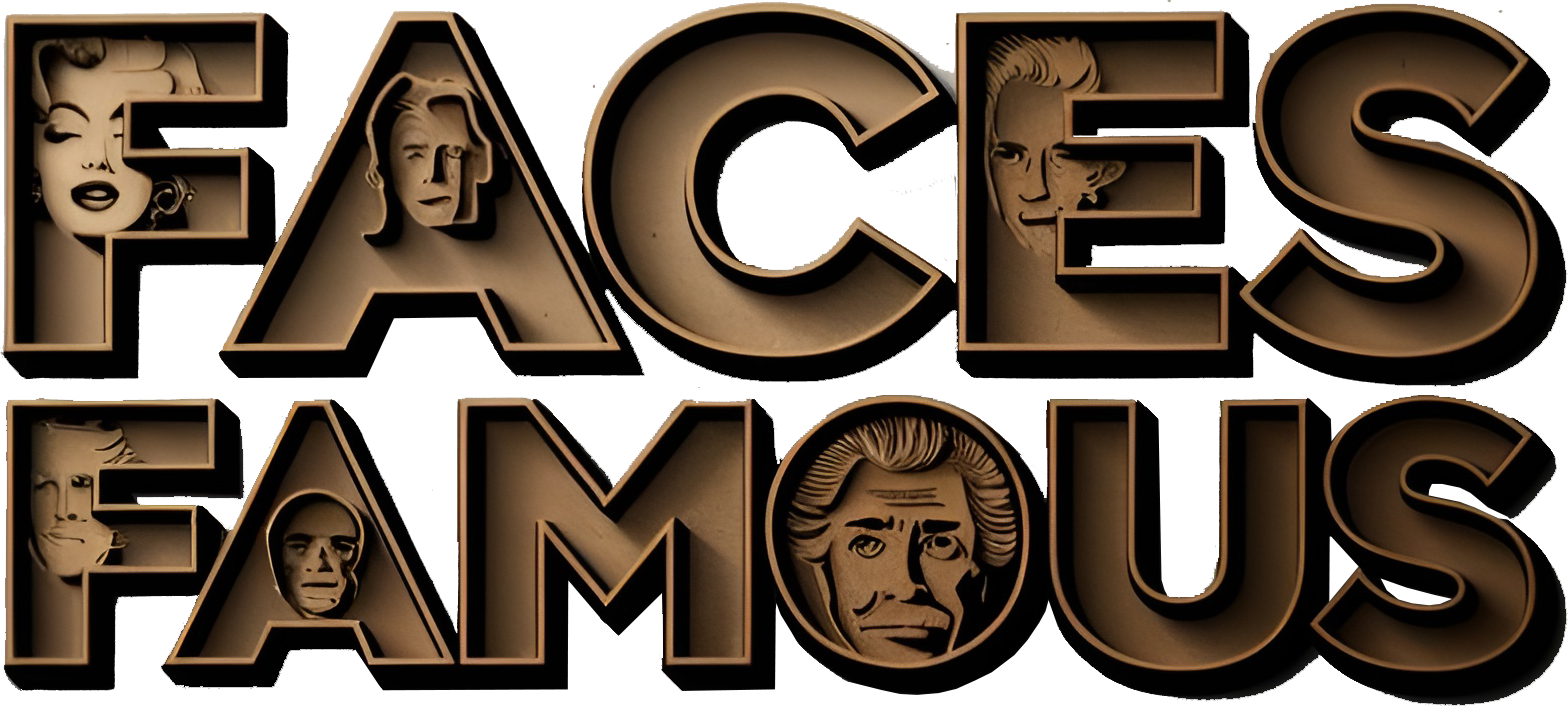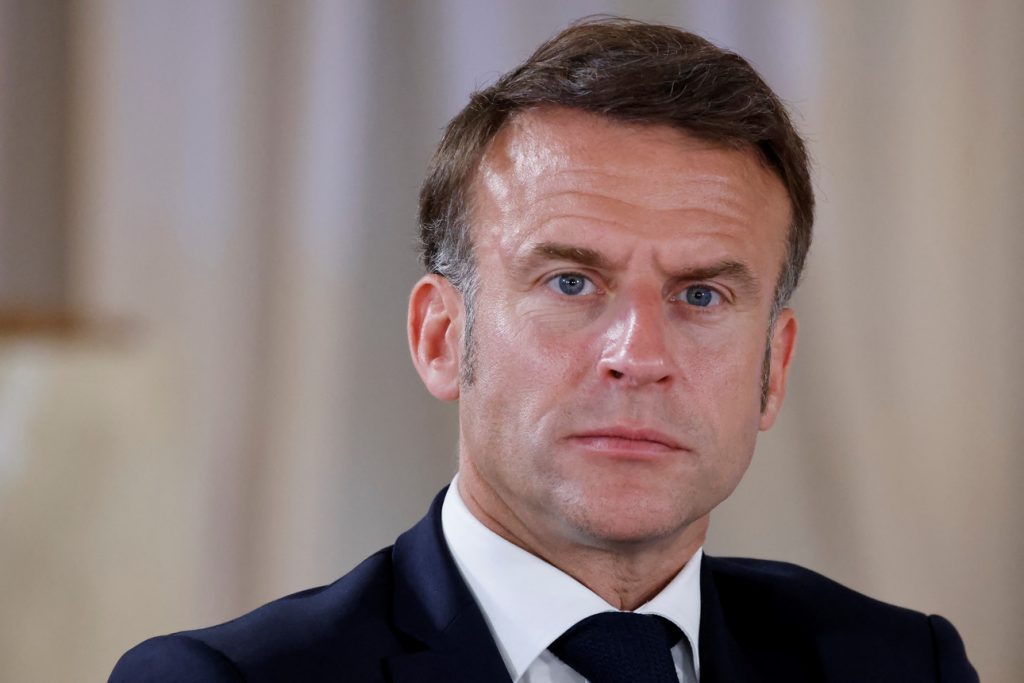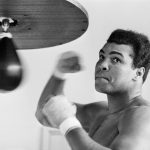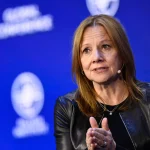Emmanuel Macron is a prominent French politician who has been serving as the President of France since May 14, 2017. Born on December 21, 1977, in Amiens, France, Macron has had a significant impact on French politics and has played a crucial role in shaping the country’s domestic and international policies.
Early Life and Education
Emmanuel Macron was born to a family of healthcare professionals; his father was a professor of neurology, and his mother was a physician. He displayed academic excellence from an early age and attended the prestigious Lycée Henri-IV in Paris. Macron went on to study philosophy at the University of Paris-Ouest Nanterre La Défense and later attended the elite École Nationale d’Administration (ENA), which has trained many of France’s top civil servants and politicians.
Career Before Politics
Before entering politics, Macron had a successful career in both public service and the private sector. He worked as an inspector of finances in the French Ministry of Economy and was later appointed as a deputy rapporteur for the Commission to improve French economic growth. He also worked as an investment banker at Rothschild & Cie Banque, where he gained significant experience in finance and business.
Political Career
Emmanuel Macron’s political career began in earnest when he joined the Socialist Party as a young man. However, he later positioned himself as a centrist and progressive reformer. In 2012, he became the deputy secretary-general of the Élysée, serving under President François Hollande. His role involved advising on economic and financial matters.In 2014, Macron was appointed as the Minister of Economy, Industry, and Digital Affairs. During his tenure, he pushed for pro-business reforms, including the “Macron Law,” aimed at liberalizing the French economy, which was met with both support and criticism.
Presidency
In 2016, Macron founded his own political movement, “La République En Marche!” (LREM), positioning it as a centrist, pro-European, and reformist party. He announced his candidacy for the presidency and ran on a platform advocating for economic reform, environmental sustainability, and strengthened European integration.Macron won the presidential election in May 2017, defeating far-right candidate Marine Le Pen in the second round. At the age of 39, he became the youngest President in French history. His presidency has been marked by efforts to revitalize the French economy, reform labor laws, and enhance France’s role in the European Union.
Policies and Challenges
Macron’s tenure has seen various domestic and international challenges. Domestically, he has faced protests and strikes, particularly from labor unions opposing his economic reforms. The “Yellow Vests” movement, which began in 2018, was a significant grassroots protest against perceived social inequality and economic policies.Internationally, Macron has been an advocate for a stronger and more integrated European Union. He has also been active in global diplomacy, addressing issues like climate change, security, and international trade.### Personal LifeEmmanuel Macron is married to Brigitte Trogneux, who was his high school teacher. Their relationship has attracted media attention due to the age difference, but the couple has been a fixture in French public life, with Brigitte playing a significant role in Macron’s public image.
Conclusion
Emmanuel Macron remains a pivotal figure in contemporary French and European politics. His presidency reflects a blend of progressive ideals and pragmatic reforms, aiming to adapt France to the 21st-century global landscape. Despite facing substantial challenges, Macron’s leadership continues to influence both national and international political spheres.



